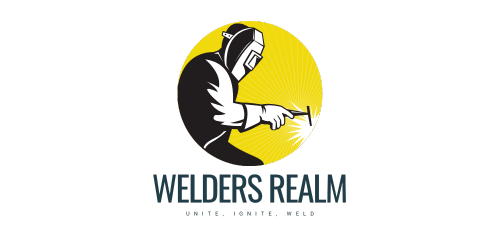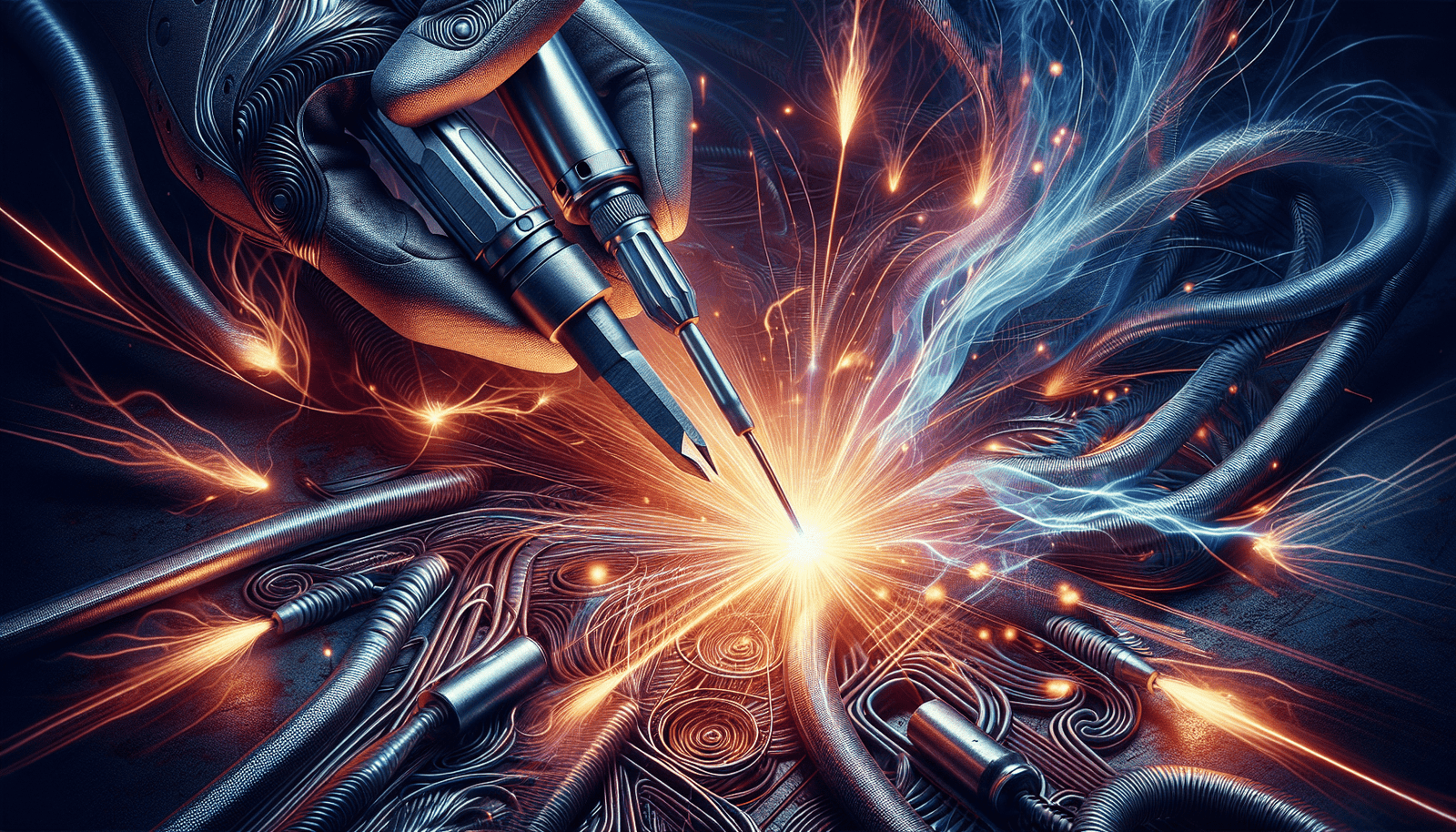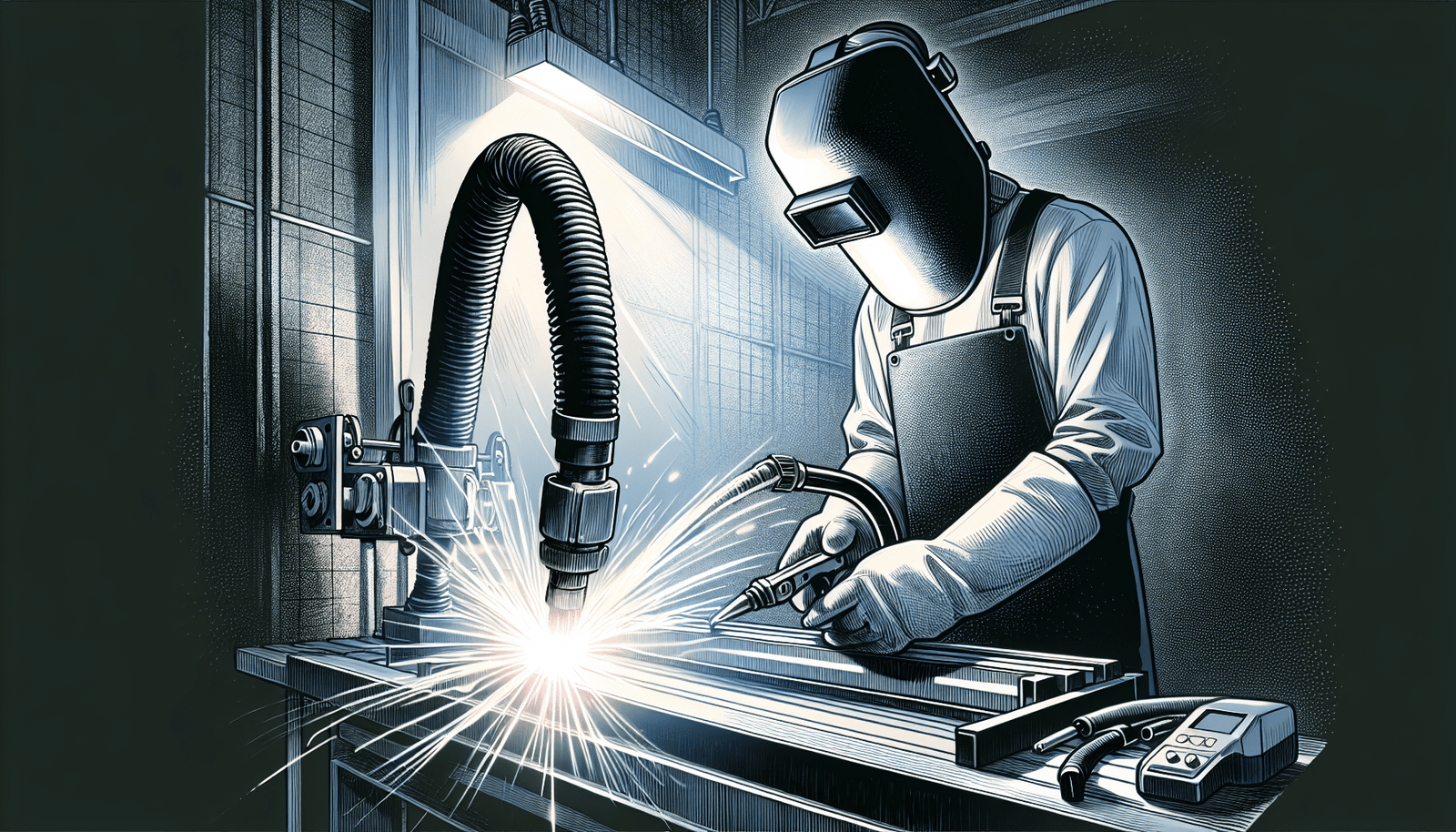Are you a welding guru or someone seeking reliable welding product reviews? If so, you’ve come to the right place! In this article, we will address common issues with farm equipment and provide you with the necessary know-how to tackle these repairs. We understand the importance of approaching this topic in a friendly and approachable tone, so rest assured that this content will be easy to understand, free of unnecessary jargon. Each question will be answered concisely, allowing you to find the information you need without having to navigate through multiple sections. So, let’s delve into the world of farm equipment repair and get those machines back up and running in no time! Don’t forget to check out our online shop for all your welding needs.
Tractor Engine Problems
Tractors are an essential piece of farm equipment, helping us with various tasks such as ploughing, tilling, and hauling. However, like any other machine, tractor engines can develop issues over time. Understanding these common engine problems, diagnosing the issue, and knowing how to repair them are crucial skills for any farmer or equipment operator.
Understanding Common Engine Issues
Farmers often encounter several common engine issues with their tractors. These problems can range from small, easily fixable hiccups to more significant malfunctions. Some of the most common engine problems farmers encounter include:
- Overheating: Tractor engines can overheat due to a variety of reasons, such as coolant leaks, a malfunctioning radiator, or a faulty thermostat.
- Starting Issues: Tractors that have difficulty starting may have problems with the battery, ignition switch, starter motor, or fuel delivery system.
- Loss of Power: A sudden loss of power can be caused by issues such as clogged fuel filters, air filters, or a malfunctioning turbocharger.
- Excessive Smoke: Smoke coming from the tractor’s exhaust can indicate engine problems, including burning oil, fuel system issues, or a malfunctioning turbocharger.
- Strange Noises: Unusual engine noises, such as knocking, rattling, or grinding noises, can be a sign of serious engine issues that require immediate attention.
Diagnosing the Issue
When faced with an engine problem, it’s important to accurately diagnose the issue before attempting any repairs. Here are some steps you can follow to diagnose an engine problem:
- Observe the Symptoms: Pay attention to any unusual symptoms your tractor engine is exhibiting, such as smoke, loss of power, or strange noises.
- Check Fluid Levels: Ensure that your tractor has the correct levels of oil, coolant, and fuel.
- Inspect the Engine Components: Thoroughly examine the engine components, such as the spark plugs, fuel lines, air filters, and belts, for any signs of damage or wear.
- Run Diagnostic Tests: Use diagnostic tools and equipment, such as a scan tool, to gather information about the engine’s performance and identify any error codes.
- Seek Professional Help: If the diagnostic process seems overwhelming or you are unable to pinpoint the issue, it’s best to seek the assistance of a professional tractor mechanic.
Step-by-Step Guide to Repair
Once you have identified the issue with your tractor engine, it’s time to implement the necessary repairs. Here’s a step-by-step guide to help you through the process:
- Gather the Required Tools and Parts: Make sure you have all the necessary tools and replacement parts before you begin the repair process.
- Follow the Service Manual: Consult your tractor’s service manual to understand the specific instructions for the repair you need to carry out.
- Disconnect the Battery: Before working on any electrical components, disconnect the tractor’s battery to prevent accidental electrical shocks.
- Replace Faulty Parts: If any components are identified as the cause of the problem, replace them following the manufacturer’s guidelines.
- Perform Regular Maintenance: After completing the repair, make sure to perform regular maintenance tasks, such as changing the oil, filters, and spark plugs.
- Test the Tractor: Once the repair is complete, start the tractor and test its performance to ensure the issue has been resolved.
When to Seek Professional Help
While it is empowering to be able to diagnose and repair tractor engine problems on your own, certain situations call for professional assistance. Here are some instances where seeking professional help is advisable:
- Complex Repairs: If the repair required is complex or beyond your expertise, it’s best to let a professional tractor mechanic handle the job to avoid causing further damage.
- Lack of Resources: If you don’t have the necessary tools, diagnostic equipment, or replacement parts, it’s wise to seek professional help to ensure the repair is done correctly.
- Limited Time: If you are under time constraints or have a tight schedule, hiring a professional tractor mechanic can save you valuable time and get your equipment up and running quickly.
- Safety Concerns: If the repair involves working with a potentially dangerous component, such as the tractor’s electrical system, it’s crucial to prioritize safety and let a professional handle the task.
Remember, knowing when to seek professional help is just as important as having the skills to repair your tractor engine. Ultimately, the goal is to keep your equipment running smoothly and efficiently, ensuring a successful farming operation.




